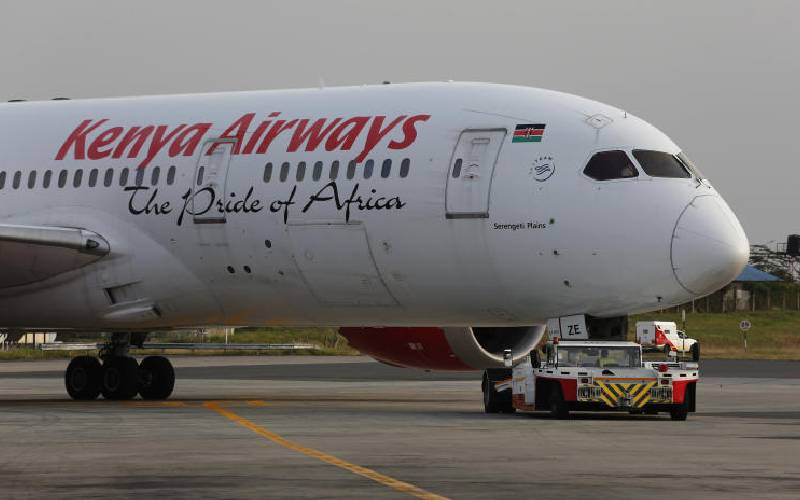×
The Standard e-Paper
Fearless, Trusted News

NAIROBI, KENYA: To borrow the phrase of economist David Ndii, ‘Kenyans relationship with lenders is of an abusive marriage’.
However, they are not interested in talking divorce. The lenders have tactfully sucked out all life from unsuspecting customers through numerous charges.







